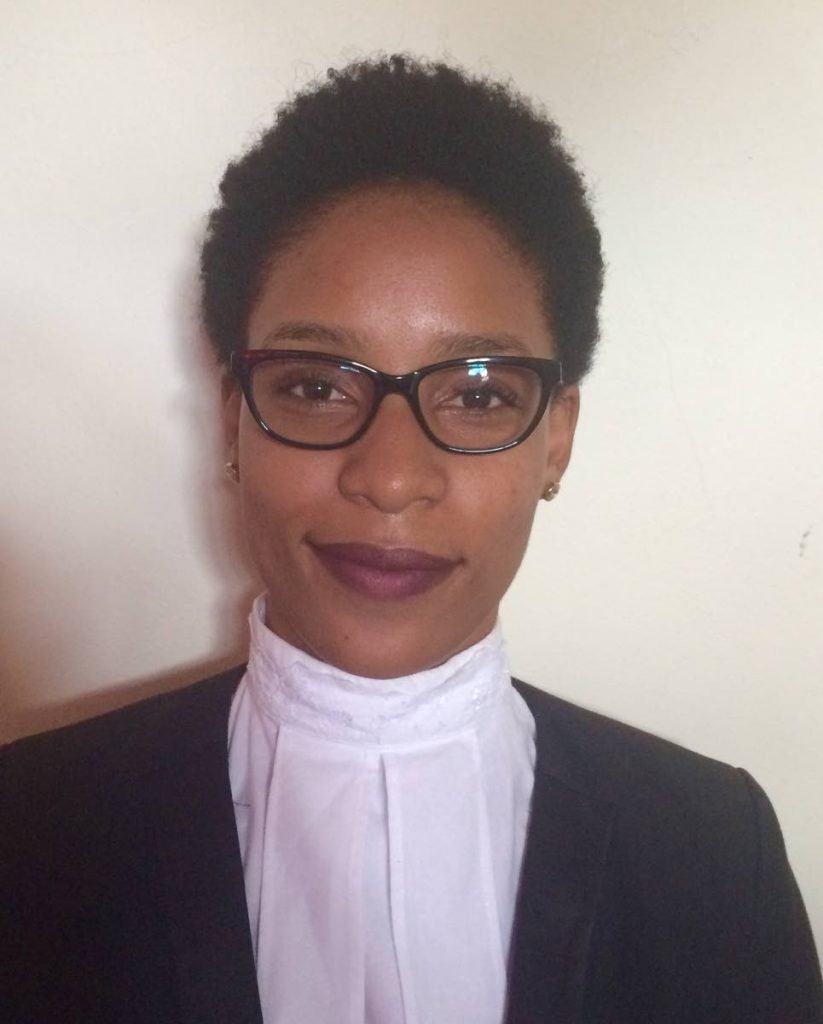Coups d'état and democracy

KANISA GEORGE
The significance of the number "7" in Western culture has been widely canvassed as symbolic. Denoting completion or perfection, it's loosely associated with religion, mythology and philosophy. Beyond the scope of good luck, the number holds enormous weight in international law.
Fittingly, the number does maintain its symbolic reference to completion as it relates to a military uprising or a coup d 'état. A coup d 'état, or coup as it is commonly known, is the sudden, violent overthrow of an existing government by a small group (usually military or paramilitary).
According to Oxford University, a coup differs from a revolution, in which large numbers of people work for basic social, economic and political change. French for "blow of state," many scholars consider a coup to succeed when the usurpers seize and hold power for at least seven days.
According to Clayton Thyne and Jonathan Powell's research, there were 457 coup attempts from 1950 to 2010, of which 227 were successful and 230 were unsuccessful.
A coup d 'état is no stranger to Caribbean history. In TT, the July 27 1990 attempted coup cannot be mentioned without reference to the Jamaat-al-Muslimeen or the phrase "attack with full force."
Failing to meet the seven-day mark, members of the Jamaat-al-Muslimeen stormed Parliament, holding then Prime Minister ANR Robinson and most of his Cabinet hostage. Adding further merit to their endeavour, the insurgents attacked the offices of Trinidad & Tobago Television, and Muslimeen leader Yasin Abu Bakr announced the government had been overthrown.
Patrick McGowan, an accomplished researcher on coups in Africa, proffers that political leaders ejection from power, through unmistakably unconstitutional means, are mainly assisted by the army either on their own or in conjunction with civilian elites such as civil servants and politicians.
Researchers add that an essential element of a successful coup is the process of infiltration and subversion. This ensures that a small but critical part of the security forces is totally subverted, while much of the rest is temporarily neutralised.
While a variety of mechanisms exist through which coups might pave the way for democratisation, there are still widespread views against it.
For starters, coups in democratic societies aren't particularly welcomed because of the stain it places on democracy. Barbara Geddes refer to this as "democratic backsliding," indicative of a democratic breakdown. The 1990 attempted coup was undoubtedly an attempt to destroy our democracy's stability. Had it been successful, it would have changed the landscape of leadership for many years to come.
In addition to its evident impact on democracy, a coup topples economic productivity and creates an atmosphere of social unrest. If anything was apparent during the attempted coup, it was the social unrest that followed. Coined a cloud of doom by the BBC, Port of Spain was trapped in a state of chaos owing to non-stop looting. At the end of the six-day ordeal, the city was reduced to a smouldering heap of rubble and destruction.
The negative impact on society's stability is unquestionable, but an interesting parallel can be drawn when considered against the woes of a dictatorship or an autocratic state.
The 2010 military insurrection in Nigeria and the uprisings in Portugal and Mali force one to contemplate a correlation between coups and democracy.
Paul Collier writes that "coups and the threat of coups can be a significant weapon in fostering democracy." A concept that is steeped in factual truth when autocracies are examined.
When one considers the political systems that follow a coup in autocracies, democracy, underscored by free and fair elections, frequently results. The most fundamental goal of a coup is to bring about a change in leadership, but often coup plotters also seek more substantial political transformation.
Recent research conducted by Marinov and Goemans in 2014 suggests that coups' consequences may have changed since the Cold War. Not only have coups declined in frequency, but those that occur, are increasingly followed by democratic elections. Their research found that from 1950 to 1989, 14 per cent of successful coups against dictatorships led to democracies within two years, while 40 per cent did so from 1990 to 2015.
Interestingly, players in a coup have free and fair elections at the core of their value system. Even where juntas are less altruistic, coups may lead to democratisation because of the incentives created by international pressure in the post-Cold War era.
Drenched in controversy and optimism, coups undoubtedly impact society's social and political landscape. Though they are characterised by violence and negativity, it is important to note their importance in history and their impact on democratic development.


Comments
"Coups d'état and democracy"